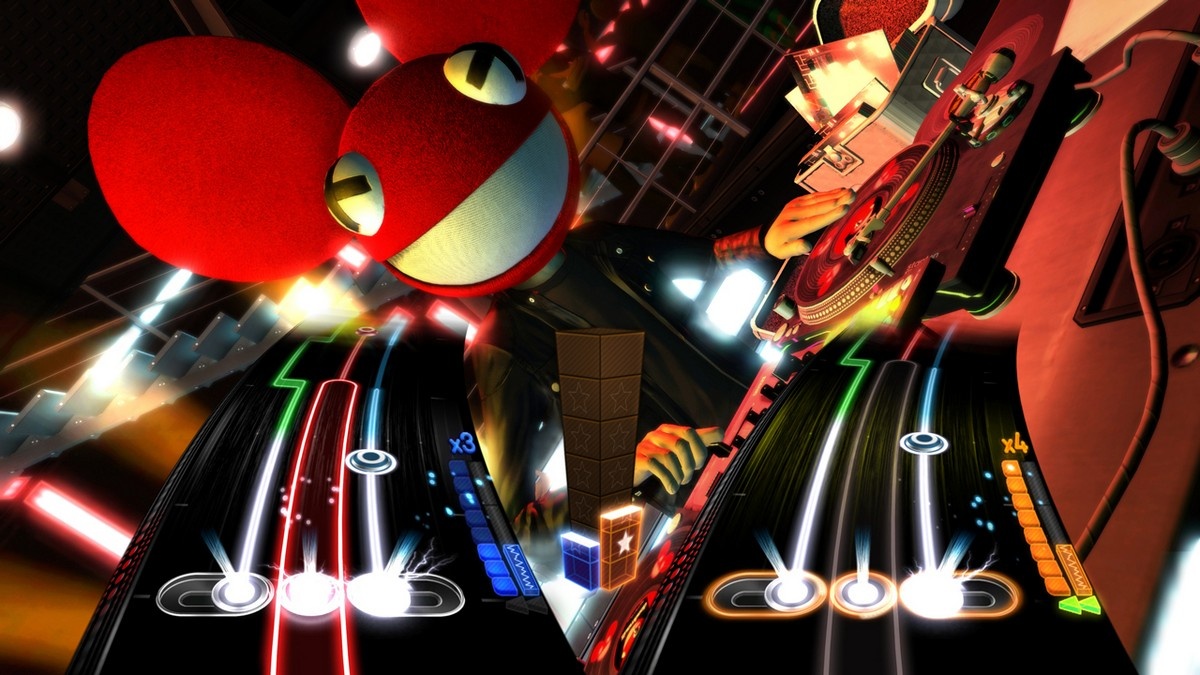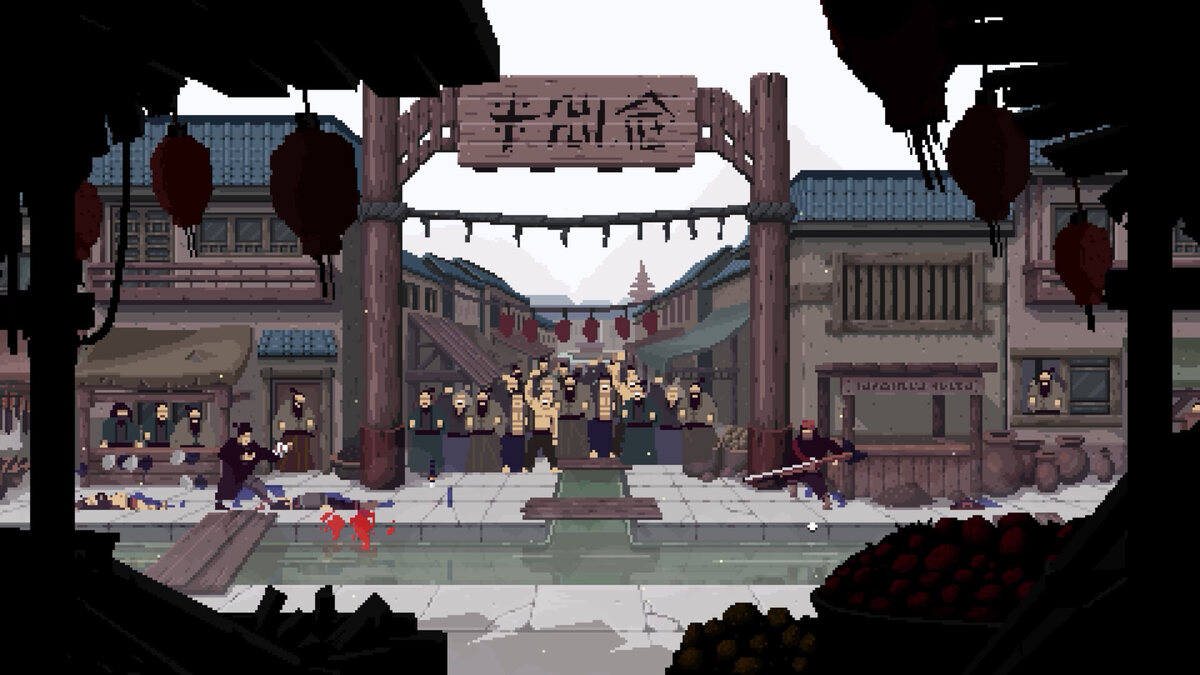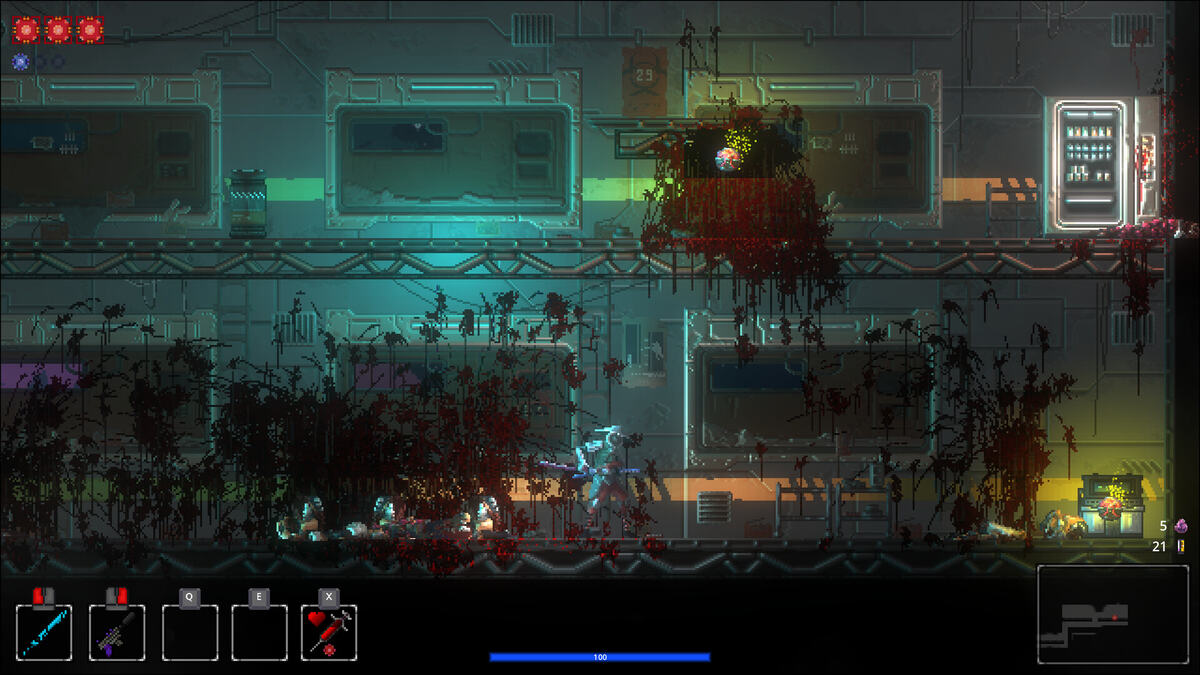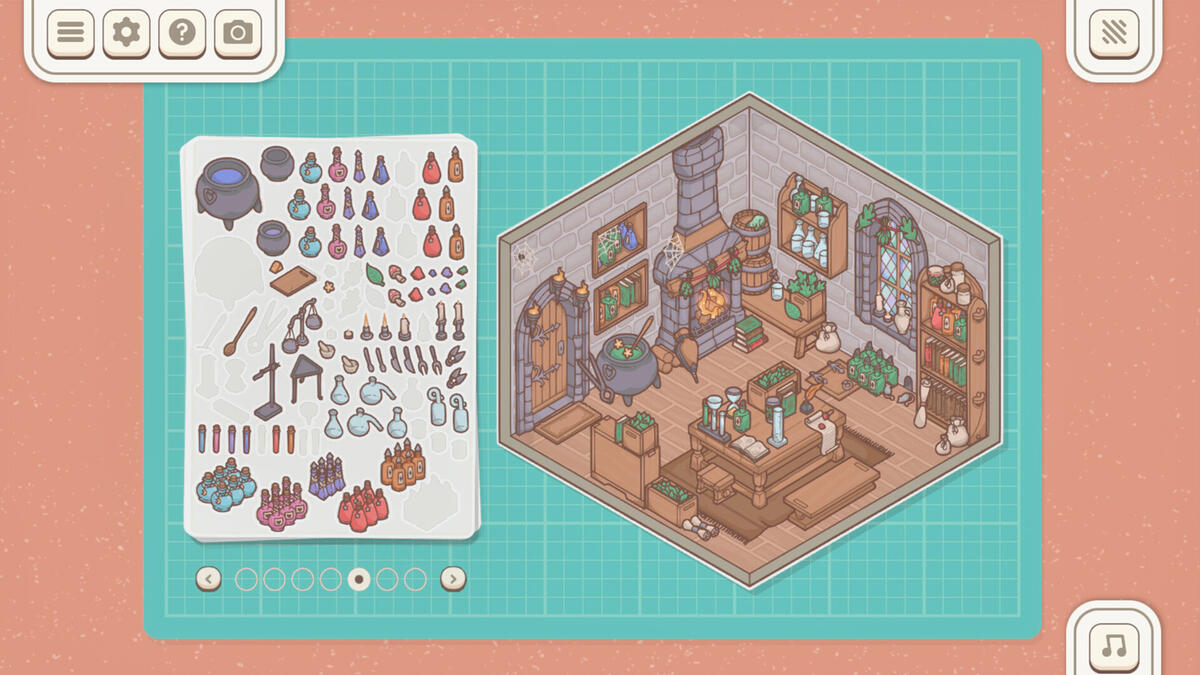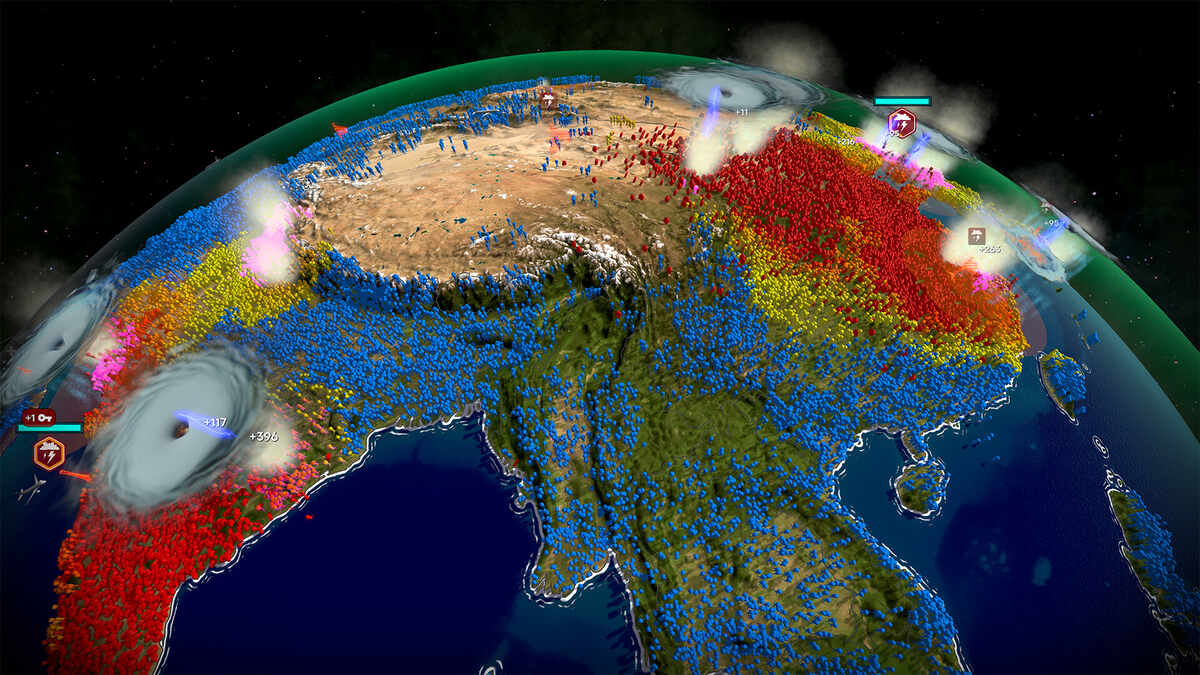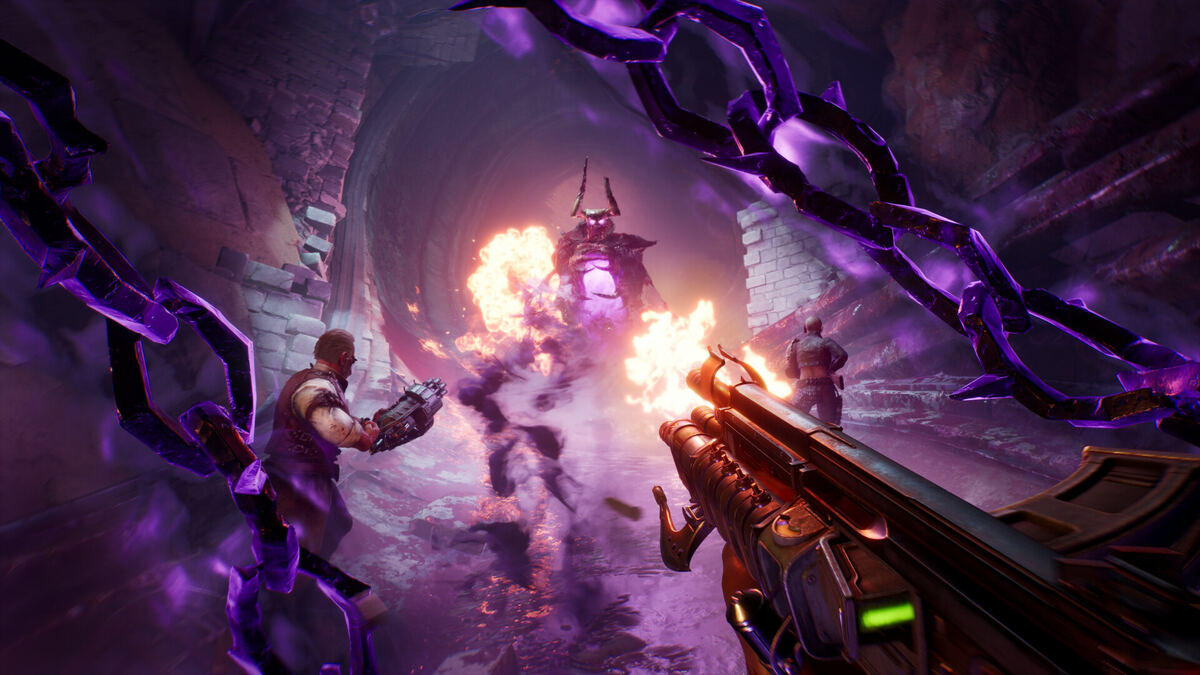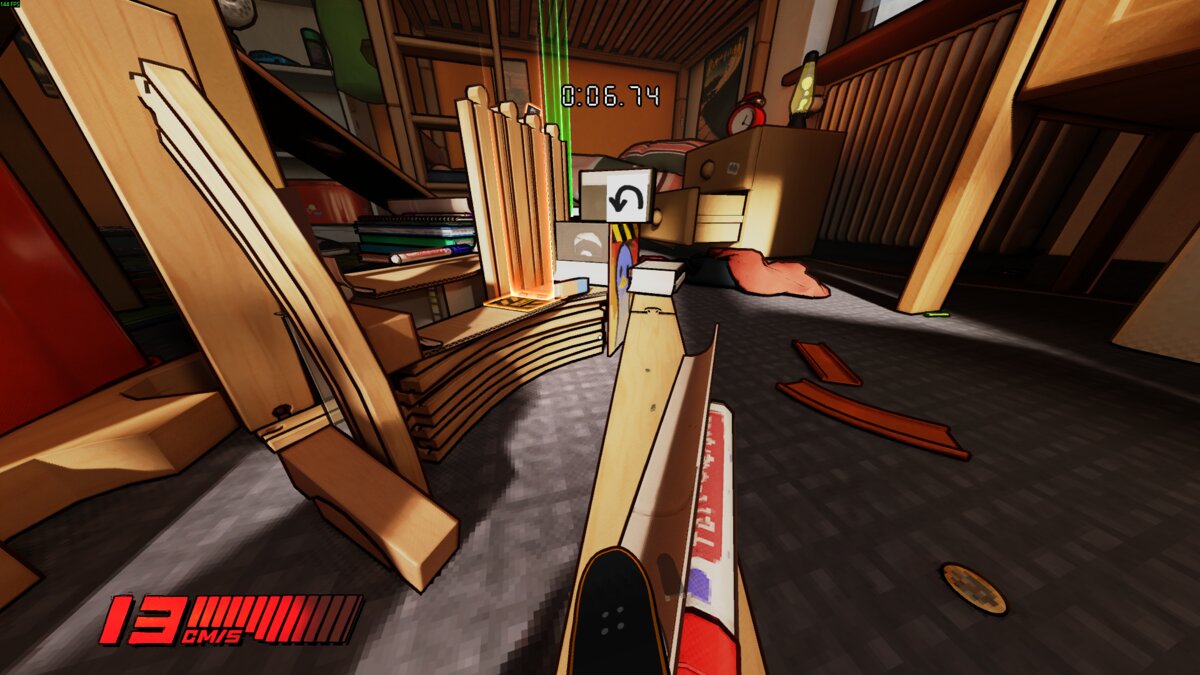You can trust VideoGamer. Our team of gaming experts spend hours testing and reviewing the latest games, to ensure you're reading the most comprehensive guide possible. Rest assured, all imagery and advice is unique and original. Check out how we test and review games here
Last year’s DJ Hero was the most invigorating new entry into the music genre for quite some time, and developer FreeStyleGames is hoping this year’s sequel will pick up where the first left off. We sat down with Jamie Jackson, the game’s Creative Director, to discuss the games industry, nurturing new IP and his dislike of people on forums.
Q: What do you think is the state of the game industry in the UK?
Jamie Jackson: From a development side first, it’s obviously tough at the minute with independent [studios] struggling and, sadly, kind of going under. Which is tough. At the moment I’m thankful to be part of a publishing group and to be part of Activision – it certainly helps take the pressure off, you know? We were an independent for a good eight years before we were acquired.
It’s tough times. It’s really tough times because consumers aren’t taking risks on products they buy so much anymore. Even though [DJ Hero] sold pretty well last year for a new product at quite an expensive price, which we were asking people to take a chance with, there was so many other new IPs that no one took a chance on. I think that’s a shame, really – that consumers aren’t taking the chances and are sticking to what they know.
Q: We’ve seen in recent weeks, both HMV and Toys R Us blaming poor sales specifically on games.
JJ: Yeah, I read that today. Um, interesting… I don’t know enough about it to make huge comments but it’s interesting. We all know music sales have been in decline forever, so I assume from a HMV perspective that games were holding them up. From a Toys R Us perspective, you know, the question I’d say is – did you have a slump the year previous when the recession hit and games were keeping people afloat?
The first year of the recession, DVD movie sales and game sales were the only things that were selling because people were spending money on products that had, kind of, multiple use instead of going out and buying throwaway products. I’d almost go, what happened the year before? Is it just that the recession has finally caught up with us?
Which is my opinion, but who knows.
Q: With DJ Hero specifically – you priced yourself out of the market with the first game. Did you get a spike in sales when retailers started reducing the cost?
JJ: Yeah, we definitely had spikes around when there were price drops. My own personal opinion is that it was too expensive when it was first released, and we’re addressing that this year – it’s going to be cheaper when it comes out this year. The slightly unfortunate recession was kind of, not necessarily out of the blue, but for a lot of people it was out of the blue. So, you know, people were suddenly watching their pennies and then the game came out and 1) it was new and 2) it was expensive.
So we definitely saw spikes around that but we did good numbers anyway – we’re at over 1.6 [million], pushing towards 2 [million] now, which is cool. If anyone had said me to me when I was starting my career in the industry that you’d work on a game that sells that many copies and it would be considered a failure I’d have said ‘are you f**king mad?’ And I still probably stand by that now.
Q: Do you wish you could have got into the music genre four years before you did?
JJ: I don’t know, actually. I think maybe if we could have gone a year earlier – who knows? That was the point people still had money; people were still throwing money at games. Price didn’t seem to be a consideration in any article I ever read because there wasn’t a concern about recession, there wasn’t a concern about money – even though there probably should have been. So, maybe. It’s not something I kind of thought ‘shit, I wish we’d gone out earlier – we’d have done four million copies last year!’ The numbers we’ve hit, from our perspective, are about where we thought we would be.
Q: What’s the main difficulty in nurturing a new IP?
JJ: When we did the first one, the biggest difficulty was not throwing too much at it. If you’re coming up with a new IP and if you go back to what I was saying about people just seem to be spending their money on the same thing, you’ve got to be careful you don’t overload it. As a developer you’ve always got loads of ideas about what you should put it, but what you end up doing is cutting back down to probably 20% of those ideas. Not from a commercial point of view, consumers can’t necessarily… if you overload them, they’ll run a mile. Last year the difficulty was hitting the right balance of features. We went heavy on music, so we had lots of mixes, light on different modes.
It was the first time anyone was going to have touched this peripheral right? Beatmania and all that kind of stuff, they weren’t big in Europe and nobody knew about them. Hardcore fans did, but nobody else did – so it wasn’t like we could say people were going to have an association with this controller so we’ve got to go in light. This year the challenge was looking at consumer feedback, looking at fan feedback, looking at what we wanted to do. We’re always working a year and a half ahead of what we do, always, so looking at our own ideas and then trying to innovate. But not innovate and put it out of people’s reach.
Q: When you say overload, do you also think another factor could have been just how saturated the rhythm genre was last year?
JJ: Yeah, definitely. Activision has said we released too many products last year – there were loads. I mean, there were loads of Guitar Hero products, there was Rock Band products and then we came out as a new one. I’m pleasantly surprised we did as well as we did, considering. I think if this year’s release of music games was what came out last year, we’d have been maybe even better. We still grabbed more headlines than a lot of stuff last year.
Q: You mention headlines – is there still that excitement towards the series?
JJ: Yeah. I think we have it so far. It’s really nice to have that, and it’s nice to see people want to hear about it and see the new features. Yeah. We are in a position where we’ve not wrung the towel dry yet, and what I think what Neversoft has done with Guitar Hero this year’s awesome. They’ve gone back to their roots – it’s rock. It’s not trying to jam pop band A, B and C into it. It’s like, here’s some rock, here’s what Guitar Hero was all about back in the day. I think they’ve done the right thing.
We’ve still got so many ideas to put in there, and I just hope that the music space – yeah, we’ve seen it drop in music games, but what’s not been reported is that there’s a drop in games everywhere. You still have your ridiculous phenomenon’s that are the likes of Call of Duty and Red Dead Redemption and those sorts of things. That’ll always be there, but games have dropped. There’s a statement today released by, I can’t remember who it was, but the UK has shown a drop in games across the board. It’s not like Toys R Us and HMV are going ‘it’s music games’. It’s just games.
But last year, I think, just because there was such a spread of music games it was a lot easier for people to say – why are all these music games declining? Yeah, [all] games are. It’s just hit [the rhythm genre] later than it’s hit other people.
Q: Does the colossal success of Call of Duty mean Activision has enough profit to let you guys do what you want to do?
I think the success of Call of Duty is amazing because it generates such a huge profit. It kind of, it means… the money spent on it versus the money coming in, I’d hate to even think – that must be phenomenal. I have no idea; I’m not privy to that information. They don’t just let us do what we want; we still have to be a profitable project and we still have to be tight on what we spend. We still have to make a profit.
We made a great profit last year, and we’re looking to increase on that this year. Be nice to be on the level of profits as those boys, but sadly that’s not going to be the case. Yeah. Activision won’t… as a business they’re very clever, they’re not gonna just do games for the sake of it. If your game isn’t profitable then they’re going to look at it like any business will.
Q: Do you think Activision gets a bad rep?
JJ: Yeah. Everyone loves giving Activision shit at the minute. I mean, five years ago it was EA when they were number one. You can almost do a timeline to the day; some press release said Activision is the new No. 1 publisher is the time everyone went ‘right, let’s hate the bastards!’ So, yeah, it’s one of those things, y’know, like – everyone hates Chelsea! You know, when they win the league everyone hates them.
Q: You seem aware of the business side of development. Do you think you need to be in order to be creative in this industry?
JJ: I do. I’m a creative person, I’ve done that all my life. What I’ve learnt in my years of running this business is exactly what you’ve just summed up. You can be creative, but if you don’t just check yourself now and again with some business thinking – you can make the most creative idea in the world, right, but if you spend two million dollars to make it then it’s going to be f**king hard to make any money back. But then you look at the guys at Angry Birds, right? I mean, what, four or five guys – what a game. Super creative. That’s being shrewd; that’s being clever. I think there’s probably a bit of luck in it as well, but yeah – it’s important to be creative, but you’ve got to have an idea of the numbers. It can be very easy, depending on who you work with, to just throw money at something and that doesn’t always work.
Q: Like Duke Nukem Forever?
JJ: Yeah, exactly. I love the fact that the British games industry has some amazing talent, and it’s always sad to see studios go. You see Realtime worlds recently gone. What an incredible studio. What an incredible game with Crackdown, and their history. And then APB just seemed to go wrong in every way possible, but on paper there was so much excitement building up to it. Things like that are a shame, but it’s an example – you’ve got to check yourself every now and again.
Q: Are there no second chances in the games industry? If it fumbles you’re in deep trouble.
JJ: Yeah, you are. But I think that’s the same with anything, isn’t it? If you make a movie and it dies on its arse you’re in trouble. Yes, there are second chances. I think it’s harder to be a second chance, but I think if you’re creative and you’ve got a good development team, with good ethics and good working skills, then there’s a second chance. You don’t pigeonhole yourself; yeah, we’re working on DJ Hero at the moment, we’re doing a rhythm action game for the past 3-4 years. It doesn’t mean to say we couldn’t flip tomorrow and make a wicked driving game or something else. I’ve worked on Colin McRae Rally, I’ve worked on breakdancing games I’ve worked on Buzz! Jr products. We’ve all done massively different stuff.
Q: Does it piss you off when people just go ‘it’s the same as last year’s’ with DJ Hero 2?
JJ: Yeah it does. To be honest, it’s mostly just bloggers and people posting on message boards. And you read a lot of the comments, and it does piss you off to start with because you think ‘f**king hell mate, you haven’t understood the point at all have you?’ It’s just going back to the bandwagon of everyone throwing shit at Activision. It’s just an opportunity for somebody else to do that. And what’s kind of hard for us as a developer. We’re part of Activision, but we’re not the part that everybody wants to keep hating – we really give a shit about our products and we work hard. We don’t decide the price, we don’t decide how it gets sold. We don’t decide those things. We make the game, and we put our blood, sweat and tears into it. So when you see some idiot with a throwaway comment and you think you’ve just… it is just to have a go at Activision.
DJ Hero 2 is due for release on Xbox 360, PS3 and Wii on October 22.
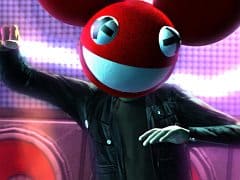
/https://oimg.videogamer.com/images/e1aa/dj_hero_2_7.jpg)
/https://oimg.videogamer.com/images/fadb/dj_hero_2_4.jpg)
